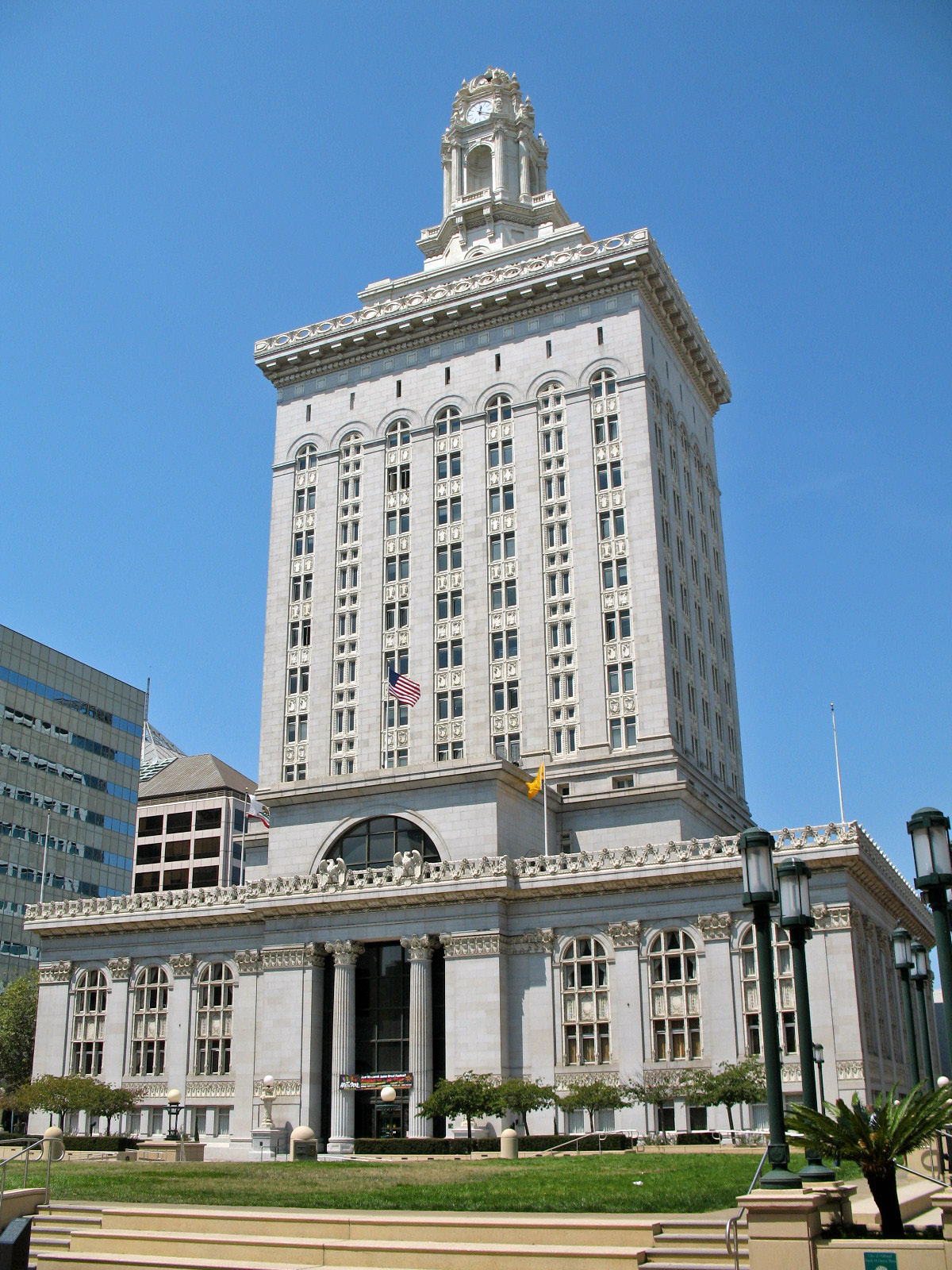By Chris Reed.
As expected, NFL owners meeting at a Phoenix resort have given their blessing to Raiders owner Mark Davis’ plan to move the team from Oakland to Las Vegas on a 31-1 vote.
The Monday decision came after NFL Commissioner Roger Goodell rejected Oakland Mayor Libby Schaaf’s last-minute appeal to delay the relocation vote and consider a new stadium proposal unveiled last week. The plan called for building a $1.3 billion football stadium on a 55-acre parcel south of the Oakland Coliseum, where the Raiders now play – a proposal that Schaaf described as a “fully financed, shovel-ready project.” It was structured around a $600 million commitment from the Fortress Investment Group, a New York hedge fund.
But in a lengthy letter released by the NFL, Goodell made clear the league didn’t buy the idea the proposal was either fully financed or shovel-ready. It stated that none of the various proposals offered by the city and its potential development partners at any point had ever come close to meeting the league’s basic requirements to retain the Raiders.
“We have been prepared for nearly two years to work on finding a solution based on access to land at a certain cost, without constraints on the location of the stadium or timing of construction, and clarity on overall development,” Goodell wrote. “However, at this date, there remains no certainty regarding how the site will be fully developed.”
The Nevada Legislature’s October decision to commit to providing $750 million in public dollars to a new Raiders stadium proved decisive, as many NFL insiders had predicted.
Raiders will keep playing in Oakland for at least two years
The pain of losing a team with one of pro sports’ most fanatical fan bases will be particularly acute for Oakland. That’s because unlike the last two NFL team relocations – the San Diego Chargers in January to Los Angeles and the St. Louis Rams a year ago to Los Angeles – Oakland will continue to be the Raiders’ base for two or even three more seasons as a $1.9 billion, 65,000-seat stadium complex is built in Las Vegas. The 35,500-seat Sam Boyd Stadium in Las Vegas used by UNLV’s college football team is not up to NFL standards.
This extended goodbye doesn’t sit well with some in the Bay Area. “Mark Davis didn’t deserve the fans he had. Get out of here, right now,” one columnist wrote Monday afternoon.
In a Phoenix news conference, Davis acknowledged fans’ pain and said he would “use the coming days [to] try to explain to them what went into making this difficult decision.”
Now Schaaf and other Oakland leaders will need to make big decisions about whether to pursue another NFL team – similar to decisions still to be made in San Diego, where a Major League Soccer team has its eyes on the Qualcomm Stadium site.
But Goodell’s letter – while polite – offered clear hints about the chilly reception Oakland might get if it seeks another team without having fully established and vetted funding to pay for most or nearly all of a stadium project. Goodell noted Schaaf’s acknowledgment that substantial direct taxpayer funding is very unlikely.
Oakland’s hope for future NFL team: Benevolent billionaire
Unless one (or more) deep-pockets billionaires emerge who is willing to mostly or entirely fund a new stadium – like Rams owner Stan Kroenke is doing in Inglewood – this creates a bad dynamic for Oakland. The city will never be considered a serious contender to get a relocated team without a stadium in place. But building a stadium without first getting an NFL commitment is a billion-dollar-plus gamble.
The NFL owners’ decision adds to what has been a rough year for Oakland. The Raiders’ delayed exit adds to the angst stemming from the Ghost Fire blaze that killed 36 people in January and the pending departure of the Golden State Warriors from the Oracle arena in Oakland for new digs by the ocean across the bay in San Francisco.
[divider] [/divider]





